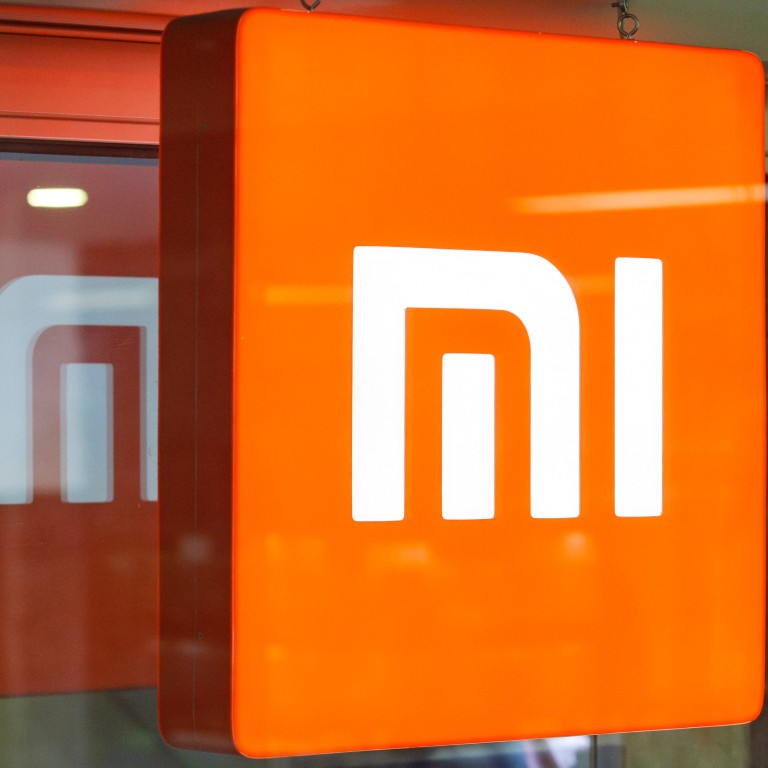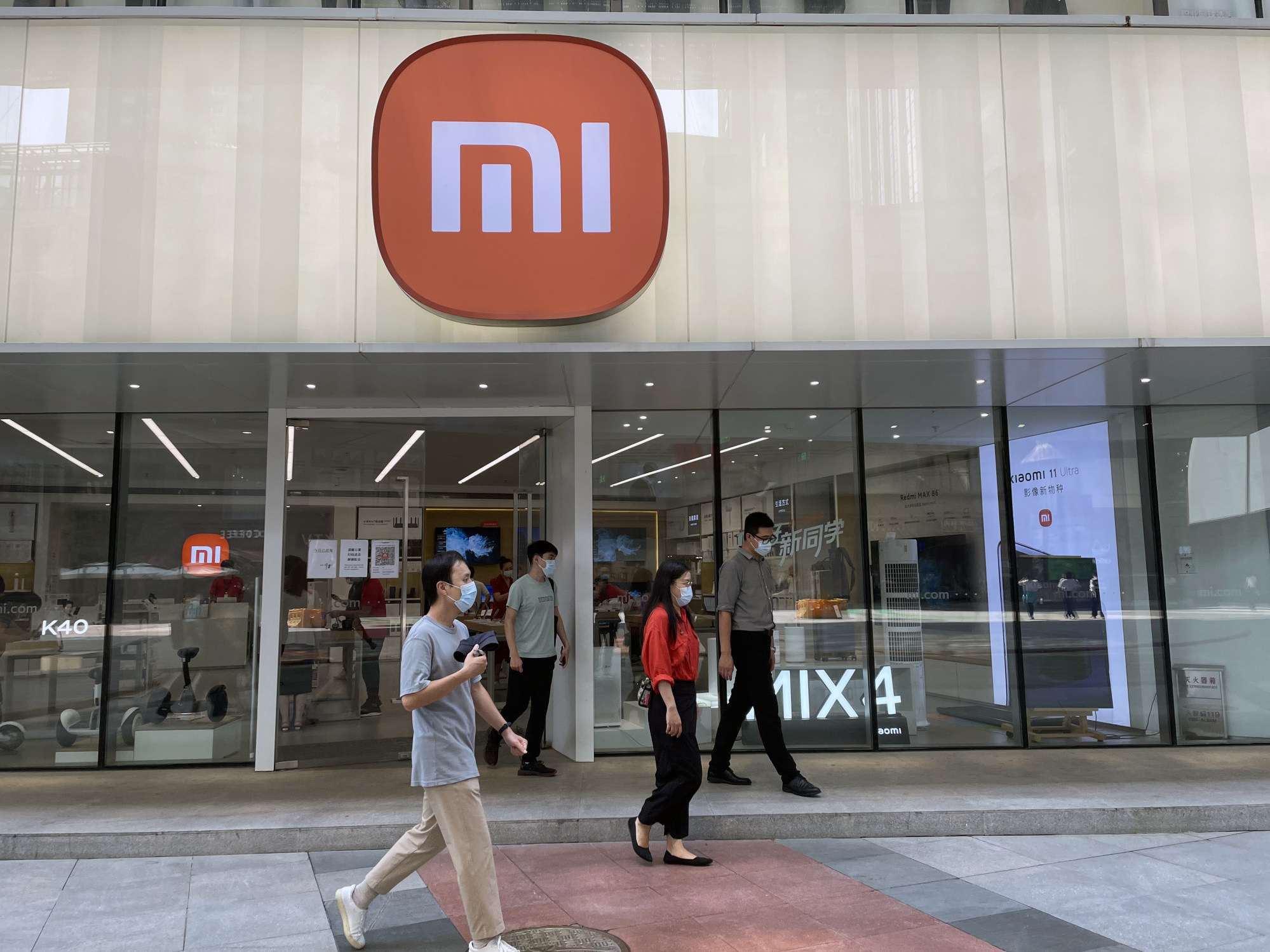
Xiaomi misses earnings, sales expectations in 3rd quarter as smartphone demand falls
- The Chinese company logged sales of 70.5 billion yuan and net loss of 1.5 billion yuan
- Electronics demand is cooling as shoppers react to elevated inflation and slowing economic growth
The Beijing-based company logged sales of 70.5 billion yuan (US$9.85 billion) and net loss of 1.5 billion yuan for the quarter through September, reflecting a write-down of almost 3 billion yuan on items such as investment losses. Analysts had expected 70.2 billion yuan revenue and 1.8 billion yuan net profit on average. Adjusted net income exceeded analysts’ estimates.
China’s Covid -zero policy has sown chaos across the country’s tech industry and supply chains, depressing economic activity. At the same time, electronics demand is cooling as shoppers react to elevated inflation and slowing economic growth.
Global smartphone sales are set to decline 2.9 per cent next year following a 12.2 per cent slump in 2022, Jefferies predicted this month. Xiaomi’s unit sales will decrease this year and next, before recovering slightly in 2024, Jefferies forecast. Phones sold in recent years are well-built, leaving consumers with no need to purchase new ones, Jefferies analysts including Edison Lee and Nick Cheng said in the November 9 note. New models are adding few new innovations, they said.
“Structural weakness is worse than expected,” the analysts said, and the challenges are “compounded by a weak economy.”
Xiaomi reported its first sales drop in the first quarter, followed by a 20 per cent decline in sales for the June quarter.

That project will take years to come to fruition, however, leaving the company reliant on a recovery in consumer spending on electronics to revive its flagging fortunes. Sales of Android handsets, where Xiaomi does battle with Samsung in international markets, are not expected to recover soon, especially not at home in China.


